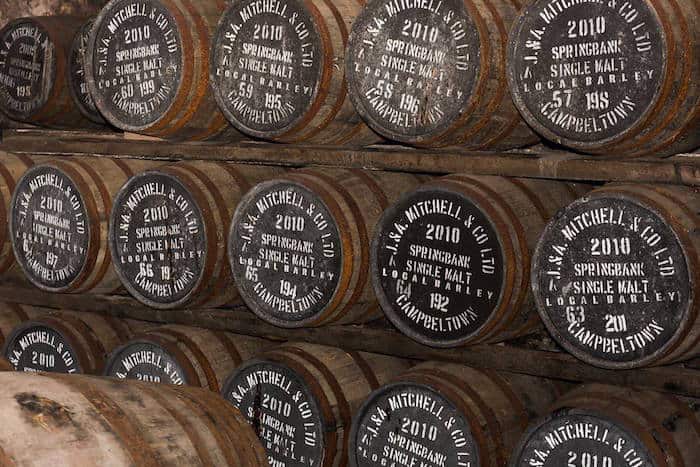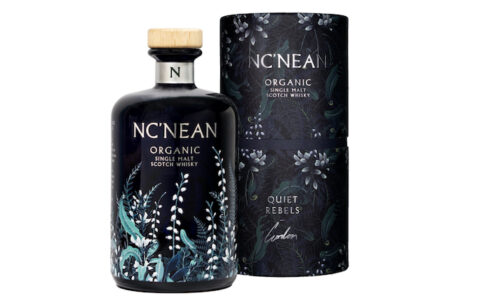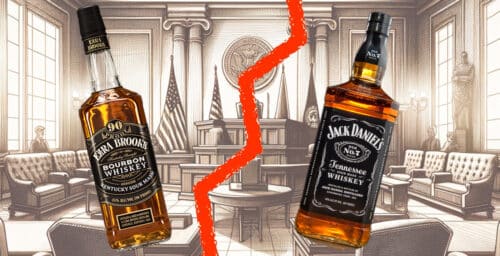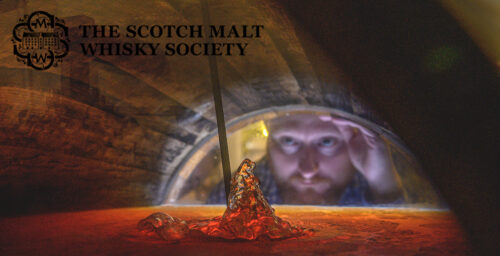As you sit down with your favorite dram, you might think of barley fields, or peat bogs, or ancient distilleries perched on wave-battered outcroppings. But consider this: Scotch isn’t just barley, yeast, and water. It’s also a product of a network of overlapping political and economic factors. And right now, the biggest of those factors is the U.K.’s unexpected withdrawal from the European Union.
Scotch giants like Diageo and Pernod Ricard lobbied against Brexit, in line with how the people of Scotland voted in the referendum. Membership in the European Union is good for business as a whole, because it allows free trade within Europe, and because all member countries get to take advantage of trade deals with non-European nations negotiated by the E.U. As far as the U.K. is concerned, those deals are getting torn up.

Many trade agreements covering Scotch—including the ones that let producers export tariff-free to the U.S. and Europe—were negotiated under the WTO, meaning they won’t be affected. But the various bilateral agreements between the E.U. and other nations, which the U.K. will no longer be party to once it leaves the union, are still an issue. Those agreements, involving countries like South Korea, Colombia, and South Africa, cover around 10% of the total scotch market.
One specific example of an area of concern is India, a major whisky consumer that also has the world’s highest import duties on foreign alcoholic beverages. According to Bloomberg, before the Brexit vote, the Scotch Whisky Association was working with the E.U. and India to negotiate lower tariffs, and progress could go out the window now that they’re without the backing of an economic entity as huge as Europe.
Since Brexit will take years to complete, its full impact on the Scotch industry won’t be clear for some time. We don’t know exactly what will replace existing regulations. But so far, it’s been a double-edged sword.
One positive for Scotch has been the fall of the pound sterling in Brexit’s aftermath. That’s translated to record sales, as well as savings for American and European drinkers. If all this means anything to you, the Scotch drinker, it’s that now isn’t a bad time to stock up, since the pound is still low and it’s unclear how the industry might be affected in the future.



